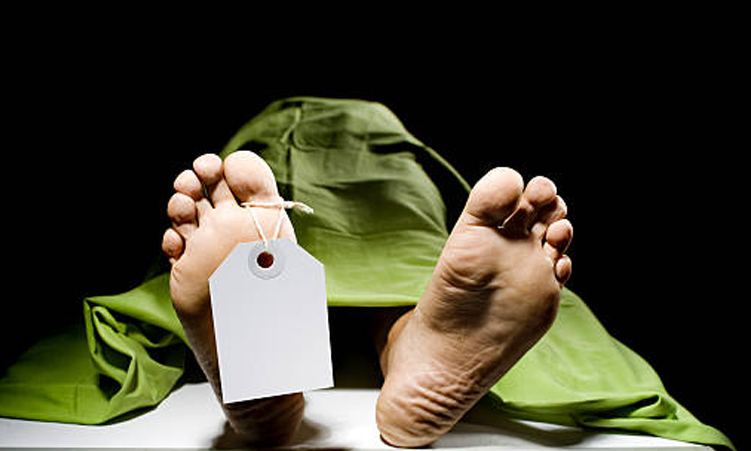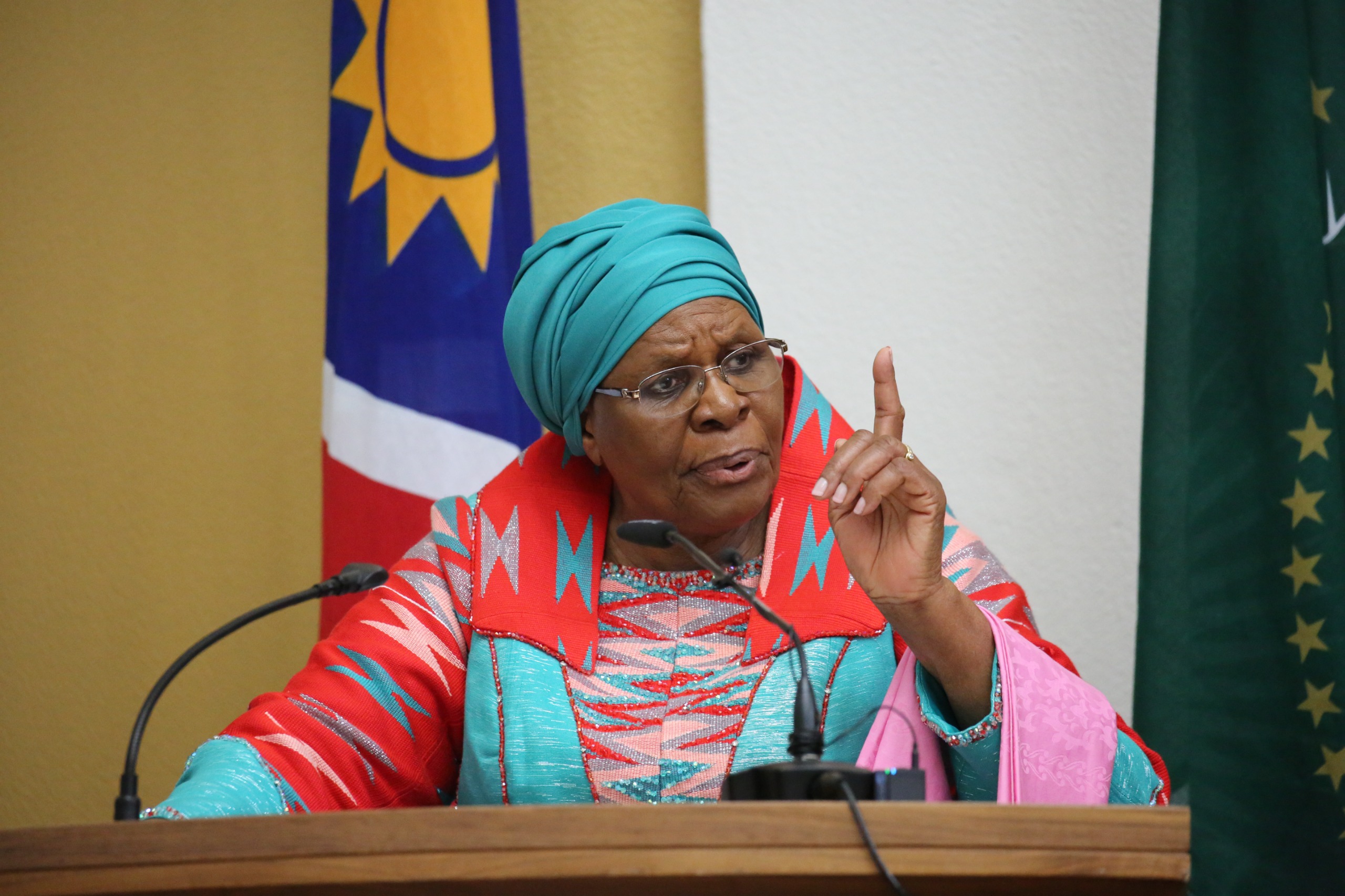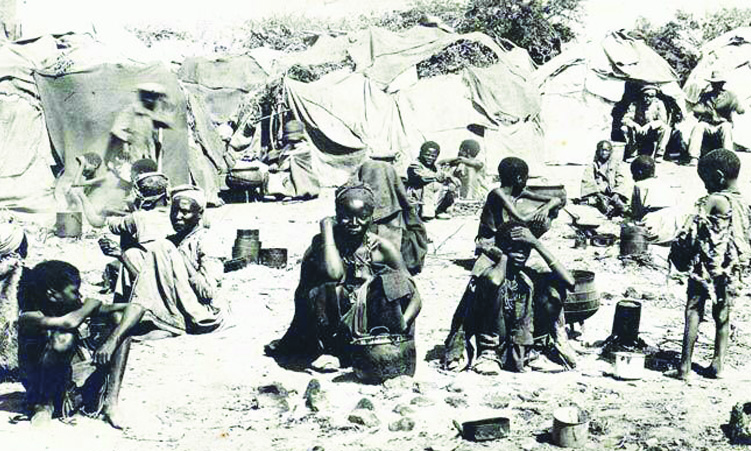The University of Namibia (Unam) is calling on Namibians to donate their bodies to be used by medical students during their studies.
The university says so far 11 individuals have pledged to contribute to the Unam School of Medicine through donating their corpses for research purposes.
Unam School of Medicine spokesperson Simon Namesho says the institution has seen a notable increase in public interest in body donations since receiving its first Namibian cadaver in 2024.
“We have observed a growing openness, particularly following recent media coverage. The act of body donation is gaining recognition as a noble and transformative contribution to medical education, yet more is needed today,” he said in an interview with The Namibian yesterday afternoon.
He said body donations are crucial to the training of medical students, especially in anatomy – a core component of the health sciences curriculum.
“Cadaver-based learning is essential. These bodies are the first ‘patients’ our students encounter. They provide a tangible understanding of the human body that textbooks and digital models cannot fully replicate,” he said.
According to Namesho, Unam currently has five cadavers, including three loaned from South Africa and two donated by Namibians.
He said the anatomy unit receives only half the number of cadavers required to optimally support student learning.
“Ten cadavers annually would allow for effective small-group teaching. The current shortage limits the time each student spends with a specimen,” he said.
He further added that the shortage places a strain on the university’s resources, as importing bodies from neighbouring countries comes with high costs and complex legal arrangements.
“Namibian donations are not only cost-effective, but they also symbolise national commitment to health development,” he said.
One of the recent donors from the 11 pledgers, who spoke to the Namibian Broadcasting Corporation and requested anonymity, says her decision to donate her body came after years of reflection.
She has become the second Namibian to take this step.
“Why go lay under a sand blanket and be eaten by termites while future medical professionals could use my kidneys, eyes, heart, pancreas, liver, bones and other body parts?” she asks.
She says her immediate family had been informed and accepted her decision, although not all her relatives agreed.
“My mom was against it. She used to say, ‘You can write it wherever, but I will bury you with all your organs.’”
The donor has since updated her will and formally submitted her intention to Unam’s division of anatomy.
Namesho said a donated body is studied intensively over two years, covering major body systems through detailed dissections and practical observations.
To honour this act of generosity, Unam holds a ‘Rose Ceremony’ each semester.
“A religious leader leads a prayer of gratitude, and students place roses on the donor’s body to mark the start of their medical journey,” he said.
As part of its outreach efforts, Unam is considering an annual body donation awareness campaign to encourage more Namibians to participate and to help destigmatise the practice.
“Those interested in donating can download the body donation form from the Unam website or request it from Dr Anneli Poolman. Donors must complete the form, include it in their will, inform their next of kin, and return the signed copy via email.
“This act of generosity leaves a lasting legacy by helping train future generations of Namibian health professionals,” Namesho said.
Under the Anatomical Donations and Post-Mortem Examinations Ordinance 12 of 1977, Namibians are legally permitted to donate their bodies or organs for medical research, education or post-mortem examination.
The law allows individuals to give consent during their lifetime, provided this is documented and their next of kin are informed. Institutions receiving the body must handle it with dignity and for the purposes specified in the ordinance.
Stay informed with The Namibian – your source for credible journalism. Get in-depth reporting and opinions for
only N$85 a month. Invest in journalism, invest in democracy –
Subscribe Now!










